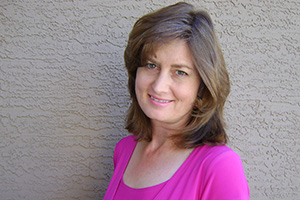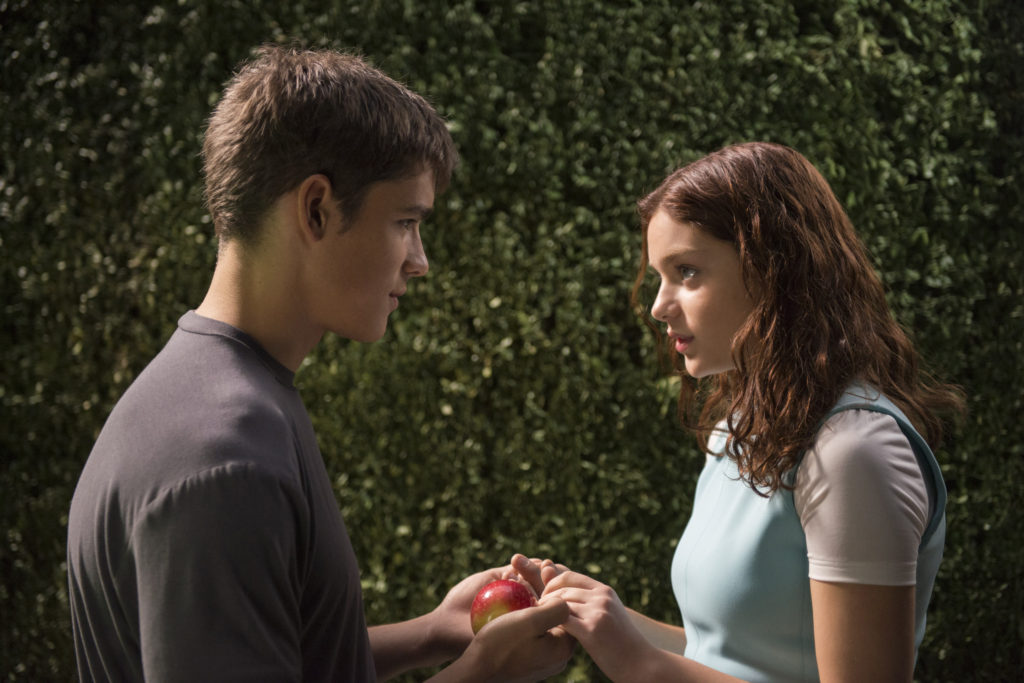
It’s not very often that a movie has you pondering its message long after the credits roll. “The Giver” (The Weinstein Company), which opened in theaters Aug. 15, is just such a movie.
In some ways, the film is a coming-of-age drama. Adapted from a Newberry Award-winning novel by the same name that all five of my children enjoyed growing up, we wondered if the silver screen could do it justice. The answer is a resounding yes.
The narrative begins in a seemingly ideal community where there is no conflict, no lying, no suffering and no hunger. Each person has a well-defined role to which they’ve been carefully assigned. Racism, unemployment and sickness are non-existent. Of course, this all sounds very appealing — at least at first.
As the story unfolds however, the sinister nature of what’s going on in this strange hamlet becomes ever more apparent. The “community” is quite literally a colorless world, devoid of emotion, bereft of music. There is no freedom, no love — no capacity for empathy. There’s constant surveillance and the authorities control every aspect of people’s lives, medicating them into submission.
As the plot develops, viewers come to the chilling realization that a rather innocent-sounding term used by those in the community actually stands for horrors that are routinely practiced but that shock the viewer. Seeing those horrors practices portrayed in the film has a way of shaking us out of our complacency and realizing that in many ways, we’re already living in our own dystopian world. We’ve arrived, unwittingly and with disastrous results.
Oh sure, we call such socially acceptable practices by names that obscure their reality, but we’ve come to accept them as the norm. Or have we?
“The Giver” shows us a post-Christian world in which religion has been eliminated and love is an antiquated word that no one comprehends. Every child is a wanted child and those who don’t measure up are simply “released.”
Of course, there’s order and a semblance of peace, but it’s a totalitarian society in which the elders carefully control every aspect of people’s lives, from assigning “perfectly” engineered children to “perfectly” matched sets of parents and choosing the career each 18-year-old will undertake.

Jonas, the protagonist, is selected to be the one person in the community who will be trained by a man known as The Giver to receive the memories of the past — that is, the memories of a world before the Elders assumed total control of residents’ lives. As Jonas confronts the past, we’re along for the ride, and it’s an electrifying one at that.
The overarching messages might escape the young, but older viewers will be struck by one of the major themes of the film, the relationship between freedom and love. God created human beings to be free and allows us to choose whether or not we will believe in Him, whether or not we will love Him. When we abuse our freedom, when we forget that every life is a gift, we cause suffering.
As secularization advances and distorted notions of marriage and family continue to abound, “The Giver” is a movie that should sound an alarm bell in our head. What are we doing to joyfully live the Gospel in our own lives? How might our example invite others to seek a relationship with Christ? How have we turned a blind eye to the culture of death and allowed it to gain a foothold in our lives?
Go see this movie. It will remind you what’s at stake.







